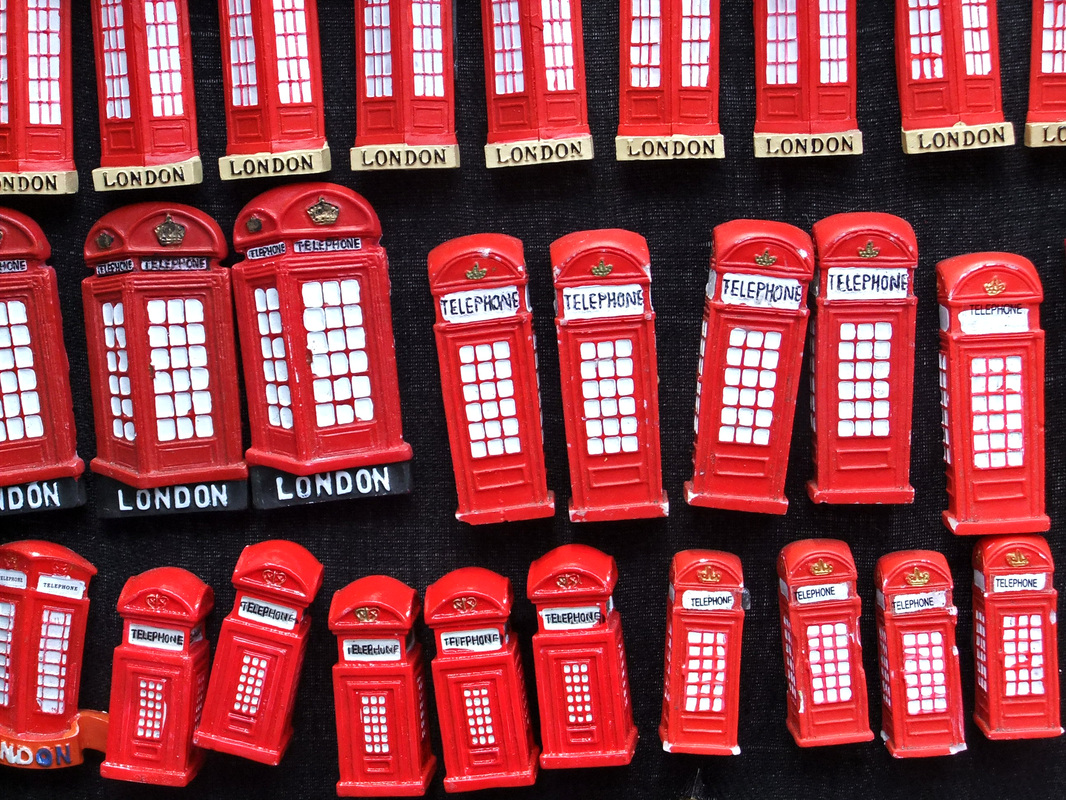We were very impressed with the level of English last Wednesday ... well done! The presentations about the history of places we passed was excellent - clear, interesting and really good English.
Below you'll find some of the vocabulary that we went over in the George Inn at the end. I hope you start to use it ...
I look forward to seeing you all again.
Best Wishes
Gail
Vocabulary: Where business, skyscrapers and finance meet medieval London 18th June 2014
Rope (noun): Very thick, strong cord that is used for tying or lifting heavy things, climbing up etc. E.g. We need some rope to tie up the boat with. E.g. We walked down Ropemaker Street and guessed that it must have been an area for making rope many years ago!
String (noun): a piece of long, strong material like very thin rope that you use for tying things. E.g. The key is hanging on a string. E.g. Don’t forget to tie up the parcel with string.
Rubble (noun): Pieces of broken brick, stone etc., especially from damaged buildings. E.g. We saw lots of rubble as we walked through the City – especially from old buildings that have been demolished in order to construct new, modern ones.
Cobbles (noun): A small round stone used to cover road surfaces. E.g. We walked down a cobbled street near the Market.
To cobble something together (phrasal verb): To make something or put something together quickly and without much care. e.g. Hopefully, together, we’ll be able to cobble something together before the manager gets back from lunch.
A cuff (noun): The end part of a sleeve, which often fastens to the wrist.
Cufflinks (noun): A pair of small objects used instead of a button to fasten a shirt sleeve together at the wrist.
Handcuffs (noun): A pair of metal rings that are joined together by a chain and put around the wrists of prisoners.
A cash machine (noun): A machine on the outside of a bank from where you can get cash. Also commonly called A hole in the wall. E.g. Excuse me, can you tell me where the nearest hole in the wall (cash machine) is, please?
A stench (noun): A strong and very unpleasant smell. E.g. The stench of rotting fish is horrible. (we don’t say that someone ‘stenches’ – this form doesn’t exist)
To stink (verb) (also a stink – noun): To have a very strong and unpleasant smell. E.g. Uh, it stinks in here – open the window!
To take hold (idiom): To seize or become established. E.g. After the third day, the fire took hold of the buildings. E.g. The new plants quickly took hold (became established).
Narrow-minded (adjective): Not willing to listen to new ideas or to the opinions of other people. [opposite to Broad-minded; open-minded]
A riot (noun): A situation in which a group of people behave in a violent way in a public place, often as a protest. Usually spontaneous. E.g. Further riots have broken out in Manchester.
A rebellion (noun): An occasion when some of the people in a country try to change the government, using violence. The act of fighting against authority, or refusing to accept rules. E.g. voting against the leader of the party was an act of open rebellion.
To rebel (verb): To fight against authority, society, a law etc – usually in a planned and organised way.
To demonstrate (against/for somebody/thing) (verb): To take part in a public protest for or against somebody/something. E.g. Enormous crowds have been demonstrating against the government.
A demonstration (noun) (a demo – British informal): A public protest for or against somebody/thing. E.g. Did you go on the demo last Saturday?
To sniff around/round) (informal expression): To investigate secretly, especially in an attempt to find out confidential information, or information that will hurt the other person. e.g. A couple of journalists are sniffing around.
To brown-nose (verb): To try to make someone like you or support you by doing things to please them by acting in a subservient way. E.g. Our prime minister is brown-nosing other countries in order to get his policies.
A brown-nose (noun): An extremely slimy, subservient, submissive person.
To converse (verb) (formal): To talk to somebody; to have a conversation. Note: We are more likely to say: I’ve had a chat with; talked to; spoken to; had a conversation with etc.
Goosebumps (or Goose pimples) (noun): Small points or lumps which appear on your skin because you are cold or frightened or something has made you feel emotional. E.g. When we walked through St Dunstan’s-in-the-East, the feeling in the garden gave us goosebumps.
Batter (noun): A mixture of flour, eggs and milk used to cover food such as fish, vegetable etc before frying them. Also used to make pancakes or Yorkshire Puddings (yummy!!).
To batter (verb): To hit somebody/thing very hard, many times. E.g. The wind battered against the window. E.g. He battered the door down. E.g. She battered the child until the police arrived.
To beat (somebody) up (phrasal verb): To attack somebody by hitting or kicking them many times. E.g. He was badly beaten up outside the pub last night.
To go downhill (idiom): To get worse. E.g. Our conversation after the walk went downhill as we laughed at some of the new vocabulary!
Instead of saying ‘I don’t know’, we can say ‘I haven’t a clue!’ (informal)
 RSS Feed
RSS Feed
